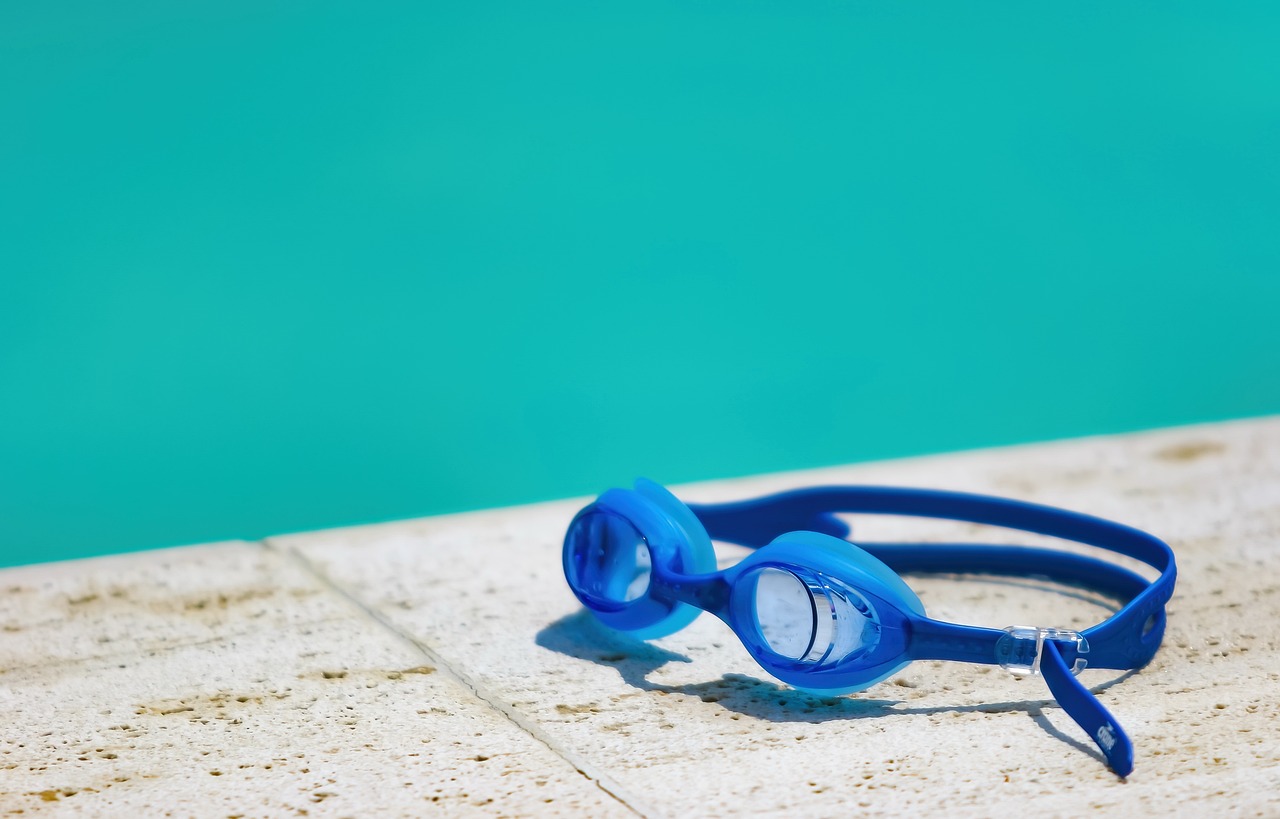
In honor of Contact Lens Safety Month, we had the opportunity to speak with Carol Rosenstiel, OD, FAAO, an experienced eye care practitioner specializing in contact lenses. With over 30 years of experience fitting a variety of contact lens types, Rosenstiel shared her insights and best practices for safe contact lens usage.
One important point that Rosenstiel emphasized is that contact lenses should never be purchased without a prescription. She stressed that contact lenses are FDA-approved medical devices and getting a proper eye exam and prescription ensures that your lenses fit correctly and suit your eye health needs.
Neglecting proper cleaning and hygiene can lead to serious issues with contact lenses. Rosenstiel warned of “vision-threatening eye infections” that can result from improper care. It’s crucial to be vigilant about hygiene to protect your eye health.
To minimize the risk of eye infections, Rosenstiel provided some essential best practices for cleaning and disinfecting contact lenses. She emphasized the importance of washing hands with unscented, non-moisturizing soap before handling lenses, following the instructions for disinfecting solutions, using fresh solutions daily, changing the lens case quarterly to avoid bacterial buildup, and adhering to prescribed wear schedule and replacement recommendations.
If you experience discomfort or irritation while wearing contact lenses, Rosenstiel advises taking them out immediately. She stated, “With any eye pain, redness, and/or blurred vision, remove the contact lenses immediately,” and recommends seeking immediate medical evaluation if symptoms persist.
Regular eye exams are essential for ensuring both eye health and the safety of your lenses. Rosenstiel recommends annual eye exams unless you experience blurred vision or discomfort. In such cases, don’t hesitate to schedule an appointment with your eye care professional.
Rosenstiel also highlighted daily disposable soft contact lenses as one of the most significant advancements in contact lens technology. These lenses are not only convenient but also considered the safest option for wearers.
Addressing common myths, Rosenstiel emphasized the importance of never swimming or showering in contact lenses, as well as avoiding hot tubs. She also dispelled the myth that daily contacts can be worn on multiple days if cleaned properly. “No,” she stated firmly, “follow the FDA-approved wearing schedule and disinfection for all contact lenses. Daily disposables should not be worn more than once.”
Rosenstiel firmly advised against using tap water (or saliva) on contact lenses, warning, “NEVER use tap water on contact lenses” and emphasizing the importance of using the proper disinfecting solutions.
Contact lenses can provide clear vision and comfort when used correctly, but safety should always come first when it comes to our eye health.
